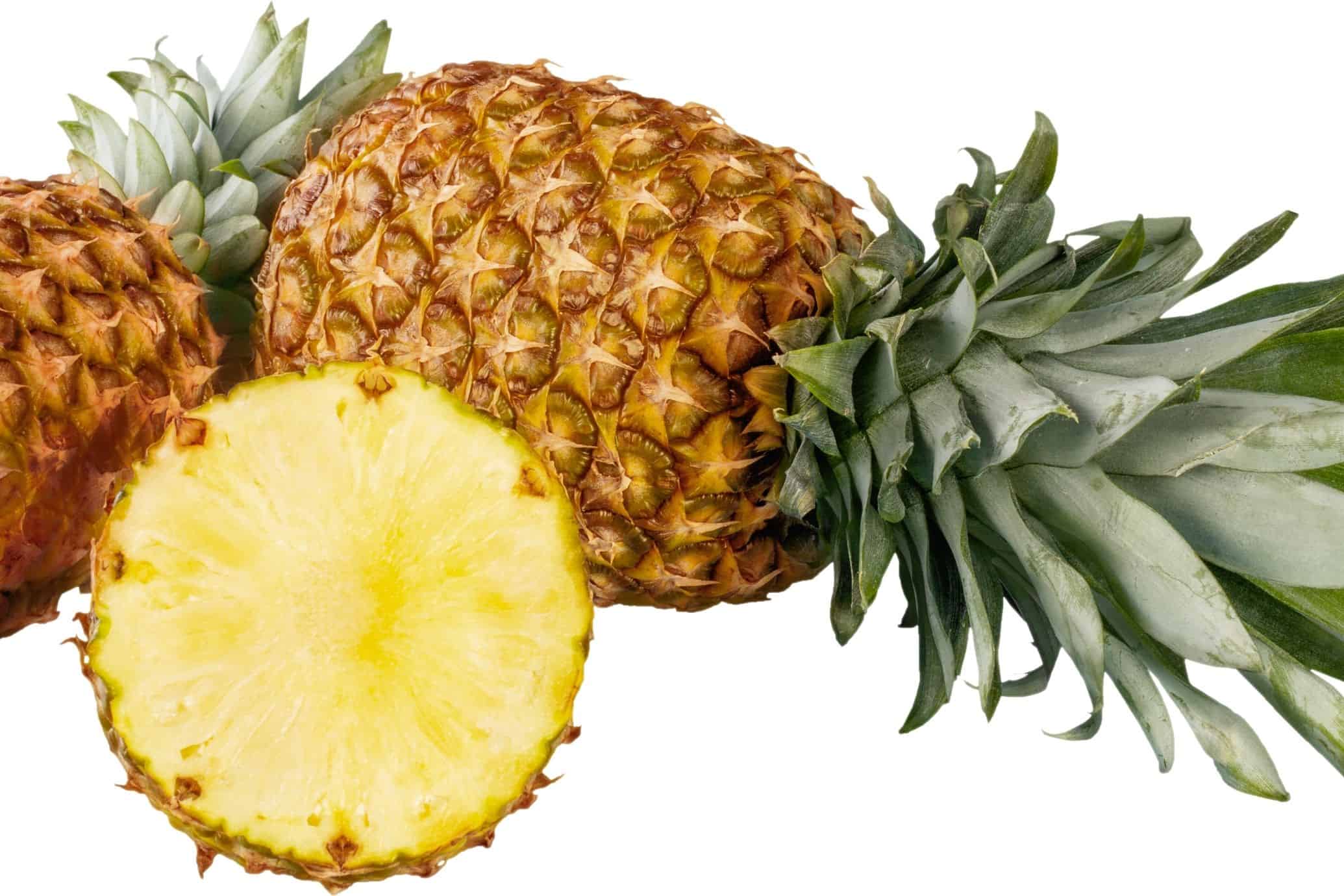How Many Servings in a Pineapple - Exploring Portion Sizes and Nutritional Benefits
Pineapple, a tropical delight known for its sweet and tangy flavor, is not only delicious but also nutritious. If you've ever wondered about the number of servings in a pineapple or the health benefits it offers, you're in the right place. In this article, we'll dive into the various factors that determine serving sizes, nutritional values, and more. So, let's unravel the secrets of this spiky wonder!
1. Understanding Serving Sizes:

Understanding Serving Sizes
When it comes to determining the number of servings in a pineapple, it's essential to consider its size and the intended portion size. On average, a medium-sized pineapple contains around 4-5 cups of pineapple chunks. However, serving sizes can vary based on factors like personal preference and culinary use.
2. Factors Affecting Serving Sizes:

Factors Affecting Serving Sizes
Pineapple Size: Larger pineapples naturally yield more servings. A small pineapple might provide around 3 cups of chunks, while a larger one could yield up to 6 cups.
Culinary Use: The intended use of pineapple influences serving sizes. For a fruit salad, smaller portions are suitable, but for grilling or desserts, larger chunks might be preferred.
3. Nutritional Value of Pineapple:
Pineapple isn't just a tasty treat; it also boasts several health benefits. Here's a breakdown of the nutritional value of a typical cup (165g) of fresh pineapple chunks:
|
Nutrient |
Amount |
|
Calories |
82 |
|
Carbohydrates |
21g |
|
Fiber |
2.3g |
|
Sugars |
16g |
|
Vitamin C |
131% of DV |
|
Manganese |
76% of DV |
|
Vitamin B6 |
9% of DV |
|
Folate |
7% of DV |
4. Health Benefits of Pineapple:
Rich in Vitamin C: Pineapple is a vitamin C powerhouse, supporting immune health and skin vitality.
Anti-Inflammatory: Bromelain, an enzyme in pineapple, has anti-inflammatory properties that may aid in reducing inflammation.
Digestive Aid: Bromelain also supports digestion by breaking down proteins, potentially easing digestive discomfort.
Rich in Antioxidants: The high content of antioxidants in pineapple helps fight cell damage and reduce the risk of chronic diseases.
Bone Health: Manganese and vitamin C contribute to maintaining healthy bones and connective tissues.
5. Incorporating Pineapple into Your Diet:
Now that you're aware of the nutritional benefits, consider these creative ways to include pineapple in your diet:
Fresh Snacking: Enjoy pineapple chunks as a refreshing and low-calorie snack.
Smoothies: Blend pineapple with other fruits and greens for a nutritious and flavorful smoothie.
Grilled Delight: Grill pineapple slices and serve them as a side dish or dessert.
Fruit Salads: Add pineapple to fruit salads for an extra burst of sweetness.
Savory Dishes: Incorporate pineapple into stir-fries or as a topping for pizzas for a unique twist.
Pineapple's versatility, nutritional richness, and delectable taste make it a wonderful addition to any diet. Remember that serving sizes can vary based on factors like the pineapple's size and intended use. Whether you're seeking a tropical treat or aiming to boost your health, pineapple is a fruit that can satisfy both your taste buds and your well-being. So, go ahead and savor the goodness of this tropical delight!